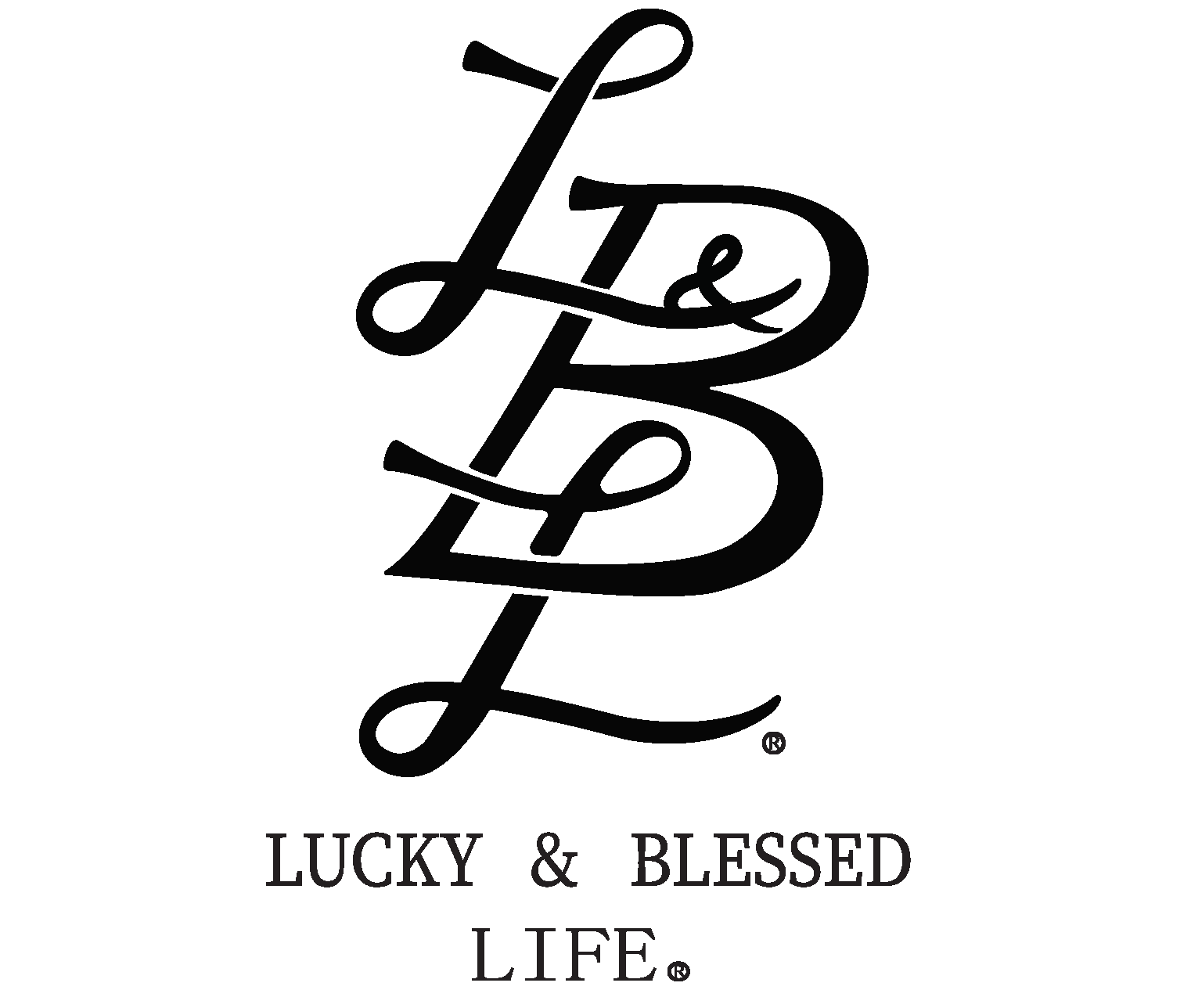Dress for the environment!
What is organic cotton?
Cotton is a soft, fluffy natural fibre that grows on the cotton plant (also known scientifically as Gossypium). One of the world's most commonly used natural fibres, man has cultivated cotton and used it for thousands of years. Cotton, especially organic cotton, is well-known for its natural softness, breathability, absorbency, durability, and, last but not the least, versatility.
Being a natural fibre, cotton is, in a sense, 'organic'. The term organic cotton, however, refers to cotton that we cultivate and produce without the use of synthetic pesticides, fertilisers, or genetically modified organisms (GMOs). It is grown using techniques that prioritise ecological balance, biodiversity, and sustainability. Organic cotton growers use natural pest and disease control measures such as crop rotation, beneficial insect habitats, and organic fertilisers.
Some of the most important properties and benefits of organic cotton are as follows:
- Fosters healthier ecosystems by reducing the use of synthetic chemicals, preserving soil fertility, saving water, and improving biodiversity.
- Promotes safer working conditions for farmers and workers involved in the production process, by eliminating exposure to toxic pesticides and chemicals.
- Relies on rainwater for irrigation rather than excessive water usage, which helps to conserve water.
- Free from harmful residues of synthetic pesticides or chemicals, making it a safer and more hypoallergenic choice for clothing, particularly for individuals with sensitive skin.
The rising popularity of organic cotton over conventional cotton
Cotton is a renewable and biodegradable substance because it grows on the cotton plant. However, conventional cotton farming is estimated to employ 16% of the world's insecticides and 6% of the world's pesticides each year; staggering figures for just one crop! These chemicals often prove to be highly toxic, poisoning groundwater and emitting nitrous oxide, a greenhouse gas that contributes significantly to climate change. Chemical-induced soil deterioration frequently results in farmers facing decreased yields. As if that weren't enough, the chemicals and fertilisers used to cultivate cotton can cause major illnesses or even death among cotton growers - and they're also hazardous to your skin. Cotton is also a very thirsty crop, requiring approximately 2,700 litres of water to produce enough fibre for one T-shirt. To put that into perspective, it will take you around 900 days to consume that much water!
The move away from conventional cotton
The growing awareness of conventional cotton's negative impact has increased the demand for organic cotton. Organic cotton generates fewer greenhouse gases and pollutes our environment far less than conventional cotton. Furthermore, organic production techniques focus on replenishing and preserving soil fertility, as well as developing biologically varied agriculture. What about water consumption? Pesticide-free soil and non-GMO seeds consume less water. Small-scale farms, which are typically rainfed, grow the majority of organic cotton. Overall, organic cotton uses roughly 90% less 'blue' water (from groundwater and surface-water bodies like freshwater lakes and rivers) than conventional cotton.
Organic cotton has gained popularity in the textile industry as a preferred choice of raw material. As customers become more conscious of the environmental and social consequences of their purchasing choices, there is an increasing demand for sustainable and ethical products. Organic cotton is a more sustainable alternative to conventional cotton, allowing consumers to make choices that reflect their values, while also supporting environmentally beneficial methods.
Many businesses and retailers are choosing to include organic cotton in their products, as part of their commitment to sustainability and ethical sourcing. This has helped to stimulate demand for organic cotton and offer market opportunities for organic cotton suppliers and farmers.
Organic cotton t-shirts and the wholesale clothing industry
Wholesale clothing offers numerous advantages for retailers, businesses, and consumers alike.
- Cost Savings: Purchasing garments in bulk, frequently at lower costs, allows firms to save money. Purchasing in bulk allows retailers to benefit from economies of scale, lowering per-unit costs and improving profit margins. Furthermore, wholesale clothing suppliers often provide competitive pricing structures, allowing businesses to save even more money.
- Variety and Selection: Wholesale clothing offers retail stores a vast selection of styles, sizes, colours, and designs. Suppliers often provide a wide range of clothes to cater to various market segments and client preferences. This variety allows retailers to curate a comprehensive inventory and meet the diverse needs of their customer base.
- Efficiency and Convenience: For retailers, wholesale clothing simplifies the purchase procedure. Rather than dealing with several suppliers or manufacturers, firms can acquire a wide range of clothes from a single wholesale This simplifies operations, saves time, and lowers administrative costs. Furthermore, wholesale vendors frequently provide effective shipping and delivery choices, enabling a smooth and trouble-free procurement process.
When the benefits of wholesale clothing merge with the advantages of organic cotton, it’s a win-win for everyone! Organic cotton wholesale clothing combines environmental sustainability, health benefits, and market demand. By introducing organic cotton choices into their wholesale clothing collections, businesses can meet consumer expectations for sustainable and ethical fashion while positioning themselves as responsible and forward-thinking brands.
Why t-shirts?
T-shirts as a choice of apparel are hugely popular for several reasons:
- Versatility: T-shirts can be worn dressed up or down, depending on the occasion.
- Comfort: Often made from soft, breathable fabric like organic cotton, t-shirts are comfortable to be worn all day.
- Affordability: T-shirts are usually affordable and hence accessible to a wide range of consumers.
Overall, t-shirts have transcended gender, age, and cultural boundaries, making them a universally loved and widely worn garment. Wholesale organic cotton t-shirts are a wonderful alternative if you're looking for high-quality, environmentally friendly clothes. Whether you're lounging at home or attending a casual event, these t-shirts will keep you feeling comfortable and at ease. Wholesale organic cotton t-shirts, made from organically grown cotton and available in bulk quantities, provide a winning combination of comfort, style, and environmental consciousness. Can there be any other choice?

